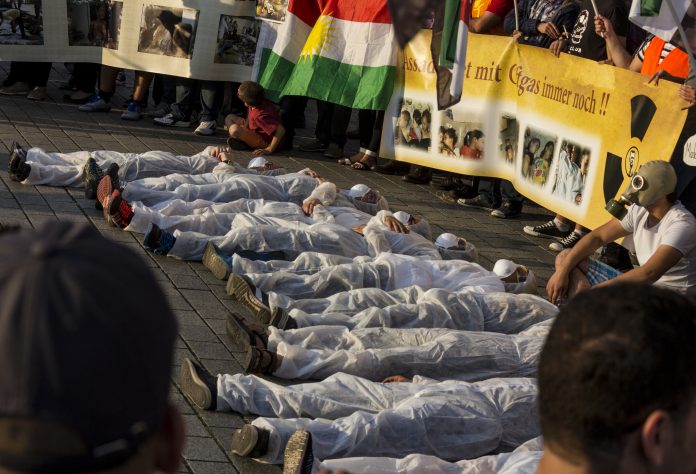For the first time ever, the European Union on January 21 imposed sanctions for the use of chemical weapons. The sanctions target those accused of orchestrating chemical weapons attacks in Syria and individuals linked to the poisoning of Sergei Skripal and his daughter in Britain last year.
Moscow has been accused by European governments of being involved in the nerve agent attack on the former Russian double agent in the British city of Salisbury. The Russian government has repeatedly denied the charge.
As reported by Deutsche Welle (DW), Germany’s international broadcaster, the EU travel bans and asset freezes target “the two GRU [Russia’s intelligence agency] officials… responsible for possession, transport and use in Salisbury (UK) of a toxic nerve agent,” as well as the head and deputy head of the organisation.
The sanctions regime also includes punishment for the atrocities committed in Syria in April of 2018. At least 40 people were killed in a chemical attack on the city of Douma, which was under rebel control at the time.
Under the sanctions policy, the EU imposed restrictive measures on a Syrian entity responsible for the development and production of chemical weapons and five Syrian officials “directly involved” in its activities. The bloc has already sanctioned a list of 259 Syrians for their alleged role in the country’s civil war.

